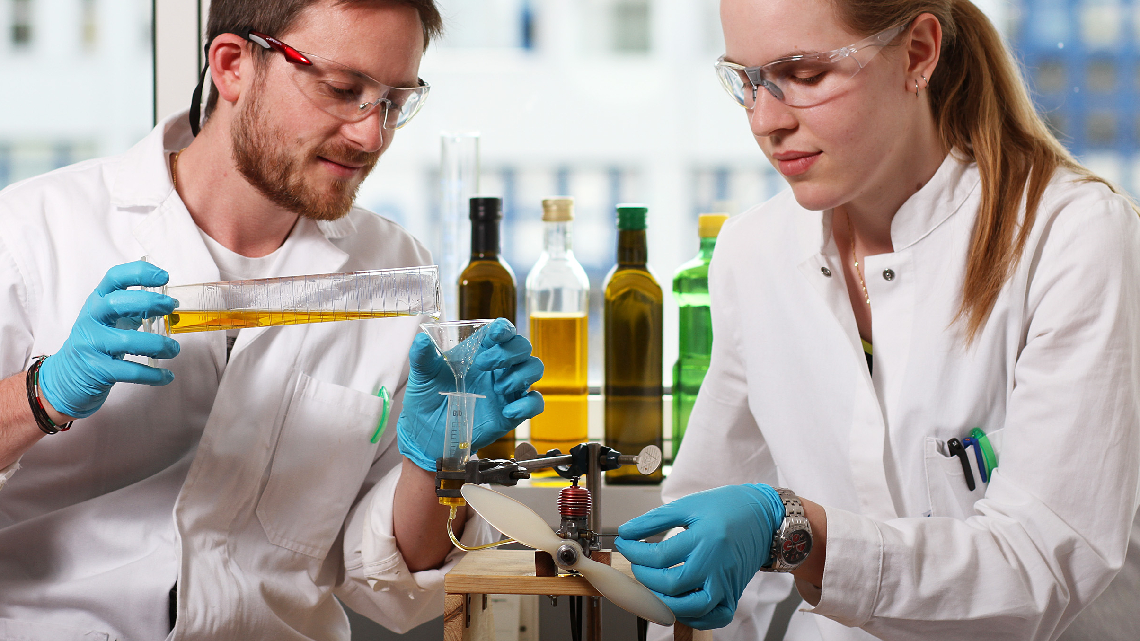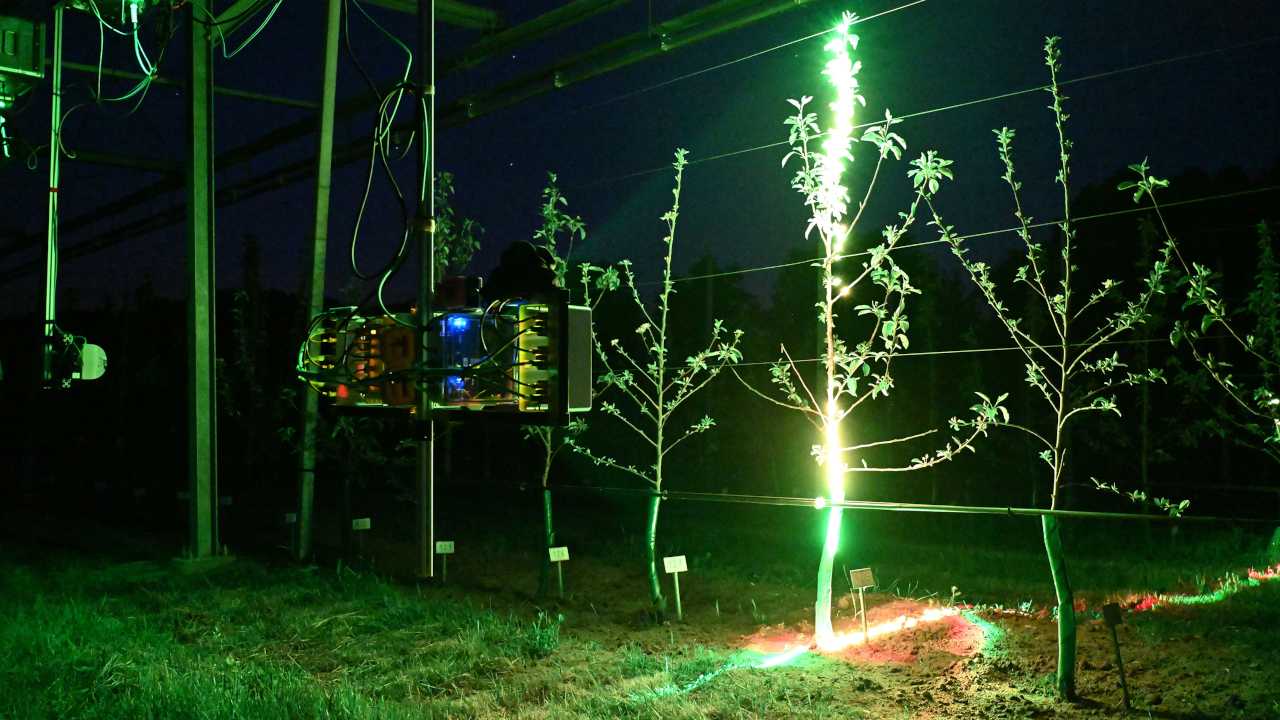Pure biodiesel suitable for engines
Researchers from Kaiserslautern, Bochum, and Rostock modified biodiesel. The new product can now be used for conventional engines without further dilution.

Biodiesel is largely produced from rapeseeds in Europe. The fuel consists of long-chain hydrocarbon compounds. Due to a higher boiling point compared to mineral oil-based fuel, the biodiesel cannot be used undiluted in conventional engines. Biodiesel is nonetheless very important for industries, since it has a lower impact on global warming than conventional fuel. In accordance with an EU directive to reduce the emission of greenhouse gases, biofuel has to be added to conventional fuel.
100% biobased fuel for diesel engines
Researchers from the cluster of excellence ’RESOLV’ at the University of Bochum and the collaborative research centre ’3MET’ at the University of Kaiserslautern modified common biodiesel. “With virtually no energy input, we convert a mixture of plant-derived fatty esters and bio-ethylene into fuel. This can be combusted undiluted in modern diesel engines“, explains Lukas Gooßen, holding the Evonik Chair of Organic Chemistry at Ruhr-University Bochum. The results are published in the in the journal “Science Advances“.
Mathematical simulations optimize the procedure
“We combine two catalytic methods“, says Gooßen. According to mathematical simulations by Mathias Baader at the University of Kaiserslautern, long-chain fatty esters were transformed into a mixture of compounds with shorter chains. Consequently, combustion starts at lower temperatures and biodiesel is now up to par with the standards of petroleum diesel.
Preliminary test was successful
Silvia Berndt at the University of Rostock verified that the mixture complies with the strict standards for modern diesel engines. A preliminary test with the new biofuel by the chemist Kai Pfister was successful. The research was financially supported by the German Federal Environmental Foundation (DBU) and the Carl Zeiss Foundation.
bp


